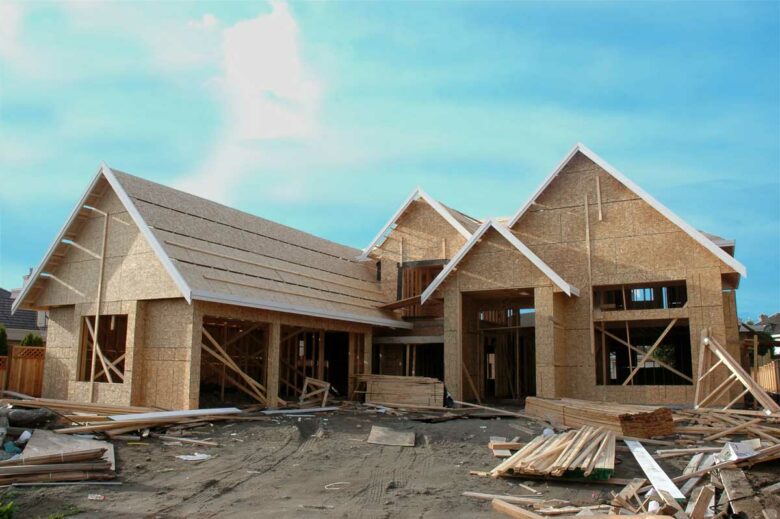What Are The Differences Between General Contractors And Commercial Contractors?

The roles of general contractors (GCs) and commercial contractors overlap in construction management, but they cater to different project scopes and specializations. Contract Remodeling Services Inc. provides general contractor in Austin, Round Rock, Cedar Park, Pflugerville, Zilker, TX, Westlake, TX and surrounding areas.
Below are the key distinctions:
- Project Scope
General Contractors: Handle a wide range of projects, including residential, commercial, and small-scale renovations. Their expertise spans various project types, making them versatile.
Commercial Contractors: Specialize exclusively in commercial projects such as office buildings, retail spaces, warehouses, and industrial facilities. Their focus is on large-scale, business-oriented construction.
- Expertise and Skills
General Contractors: Often manage projects requiring basic construction knowledge and residential compliance standards. They might oversee home remodeling, additions, or smaller building projects.
Commercial Contractors: Require advanced knowledge in commercial building codes, structural requirements, and complex systems such as HVAC, electrical, and plumbing tailored for commercial use.
- Licensing and Compliance
General Contractors: Need general construction licenses, which vary by state or region. They adhere to local residential or broad construction regulations.
Commercial Contractors: Obtain specialized licenses and must comply with stringent commercial codes, zoning laws, and regulations related to business properties.
- Project Size and Complexity
General Contractors: Typically work on smaller-scale projects with shorter timelines and simpler logistics.
Commercial Contractors: Manage large-scale projects that require extensive planning, higher budgets, and collaboration with architects, engineers, and subcontractors.
- Materials and Equipment
General Contractors: Use materials and equipment suited for homes or small businesses.
Commercial Contractors: Utilize industrial-grade materials and technology, ensuring durability and functionality for high-traffic areas.
- Clientele
General Contractors: Serve homeowners, small business owners, and residential property developers.
Commercial Contractors: Work with corporations, real estate developers, and government entities.
In summary, while both contractors oversee construction projects, commercial contractors possess expertise tailored to the scale, complexity, and regulatory demands of commercial and industrial construction.
Let’s have a conversation! Feel free to call or email us.


